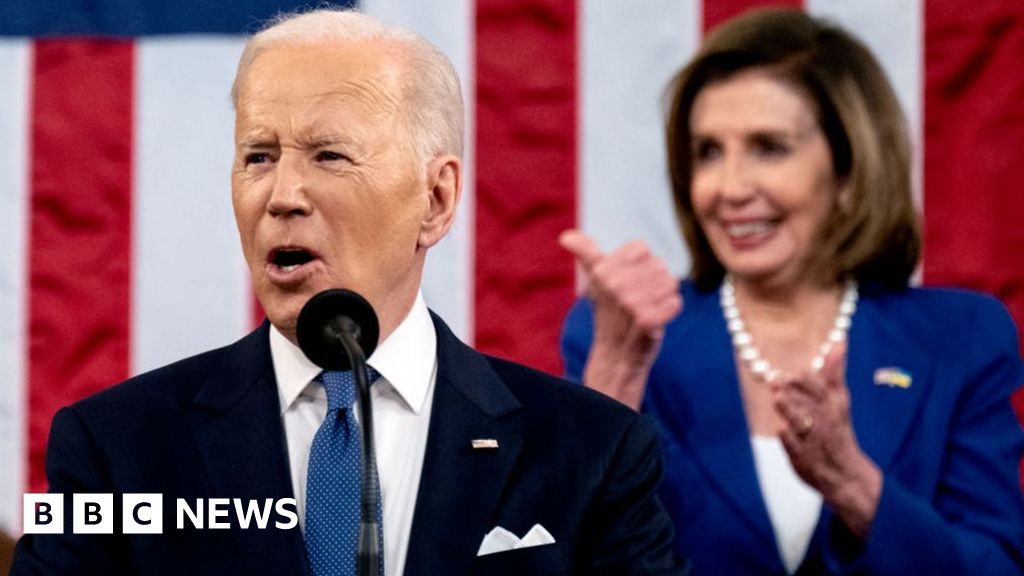In an era where digital transactions have become the lifeblood of global commerce, the recent partnership between Flutterwave, Africa’s leading payments technology company, and Nigeria’s Economic and Financial Crimes Commission (EFCC) marks a watershed moment in the continent’s fight against cybercrime.
This collaboration, formalised through a Memorandum of Understanding on June 14, 2024, is not just another corporate social responsibility initiative; it’s a bold statement of intent that could reshape the landscape of financial security in Africa.
The centrepiece of this partnership – a state-of-the-art Cybercrime Research Center – is poised to become a beacon of hope in a region long plagued by the spectre of internet fraud. By bringing together the technological prowess of Flutterwave and the legal authority of the EFCC, this initiative represents a potent fusion of private sector innovation and public sector mandate.
At first glance, the partnership might seem like an unlikely alliance. Flutterwave, a darling of Africa’s burgeoning tech scene, joining forces with a government agency often viewed with scepticism.
However, this collaboration could be exactly what’s needed to turn the tide against cybercrime in Africa.
The timing of this partnership could not be more critical. As Africa rapidly digitalises, with millions of new internet users coming online each year, the continent has become a prime target for cybercriminals.
The COVID-19 pandemic has only accelerated this trend, pushing more transactions online and creating new vulnerabilities for fraudsters to exploit.
Flutterwave’s involvement brings a wealth of real-world experience to the table. As a company that processes billions of dollars in transactions across 34 African countries, it has a front-row seat to the evolving tactics of cybercriminals.
This practical knowledge, combined with the EFCC’s legal authority and investigative expertise, could create a formidable bulwark against financial fraud.
The planned focus areas of the Cybercrime Research Center are particularly promising. Advanced fraud detection and prevention, collaborative research and policy development, youth empowerment, and technological advancement are all crucial components in building a robust defence against cybercrime.
By addressing these areas comprehensively, the centre has the potential to create a multiplier effect, enhancing not just Nigeria’s capabilities but potentially those of the entire continent.
However, the success of this initiative will hinge on several factors. First and foremost is the question of sustained commitment. While the initial announcement is encouraging, the real test will be in the long-term dedication of resources and political will to support the centre’s mission.
Both Flutterwave and the EFCC must resist the temptation to treat this as a one-off PR exercise and instead view it as a long-term investment in Africa’s digital future.
Transparency will also be crucial
Given Nigeria’s complex history with corruption, there may be scepticism about the true motives behind this partnership.
Both parties must go above and beyond to ensure that the centre’s operations are open to scrutiny and that its findings and recommendations are made public.
The involvement of the FBI in the MoU signing ceremony adds an interesting international dimension to this partnership. It suggests a recognition that cybercrime is a global issue that requires cross-border cooperation.
This could pave the way for more international collaborations, potentially positioning Nigeria as a leader in cybersecurity on the African continent.
One of the most intriguing aspects of this initiative is its focus on youth empowerment. By providing high-end training and research opportunities for 500 youths, the centre could play a crucial role in redirecting the talents of young Nigerians away from cybercrime and towards legitimate and rewarding careers in cybersecurity.
This approach tackles the root cause of the problem, addressing the lack of opportunities that often drive young people towards illegal activities.
However, it’s important to note that technology alone cannot solve the complex societal issues that contribute to cybercrime.
While the research centre is a significant step forward, it must be part of a broader strategy that includes improved education, job creation, and social support systems.
The success of this partnership could have far-reaching implications beyond Nigeria.
As Africa’s largest economy and most populous nation, Nigeria often sets the tone for the rest of the continent. If this initiative proves successful, it could serve as a model for other African countries grappling with similar challenges.
Moreover, by enhancing the security of digital transactions, this partnership could boost investor confidence in Nigeria’s digital economy. This, in turn, could accelerate the growth of e-commerce and digital financial services, driving economic development and financial inclusion across the country.
However, we must also be mindful of potential pitfalls. There’s a risk that increased scrutiny of digital transactions could lead to overregulation, potentially stifling innovation in Nigeria’s vibrant tech sector. Striking the right balance between security and innovation will be crucial.
Consequently, the partnership between Flutterwave and the EFCC represents a bold and innovative approach to combating cybercrime in Africa.
By bringing together the best of the private and public sectors, it has the potential to create a paradigm shift in how we approach financial security in the digital age.
As this initiative unfolds, all eyes will be on Nigeria. The success or failure of this partnership could have profound implications for the future of digital transactions not just in Africa, but potentially in other emerging markets around the world. It’s a high-stakes gamble, but one that could pay off handsomely if executed correctly.
In the end, the true measure of success will not be in the sophistication of the technology deployed or the number of criminals apprehended, but in the creation of a digital ecosystem where millions of Africans can transact with confidence, free from the fear of fraud. If Flutterwave and the EFCC can achieve this, they will have written a new chapter in Africa’s digital revolution.

 4 months ago
21
4 months ago
21















 English (US) ·
English (US) ·